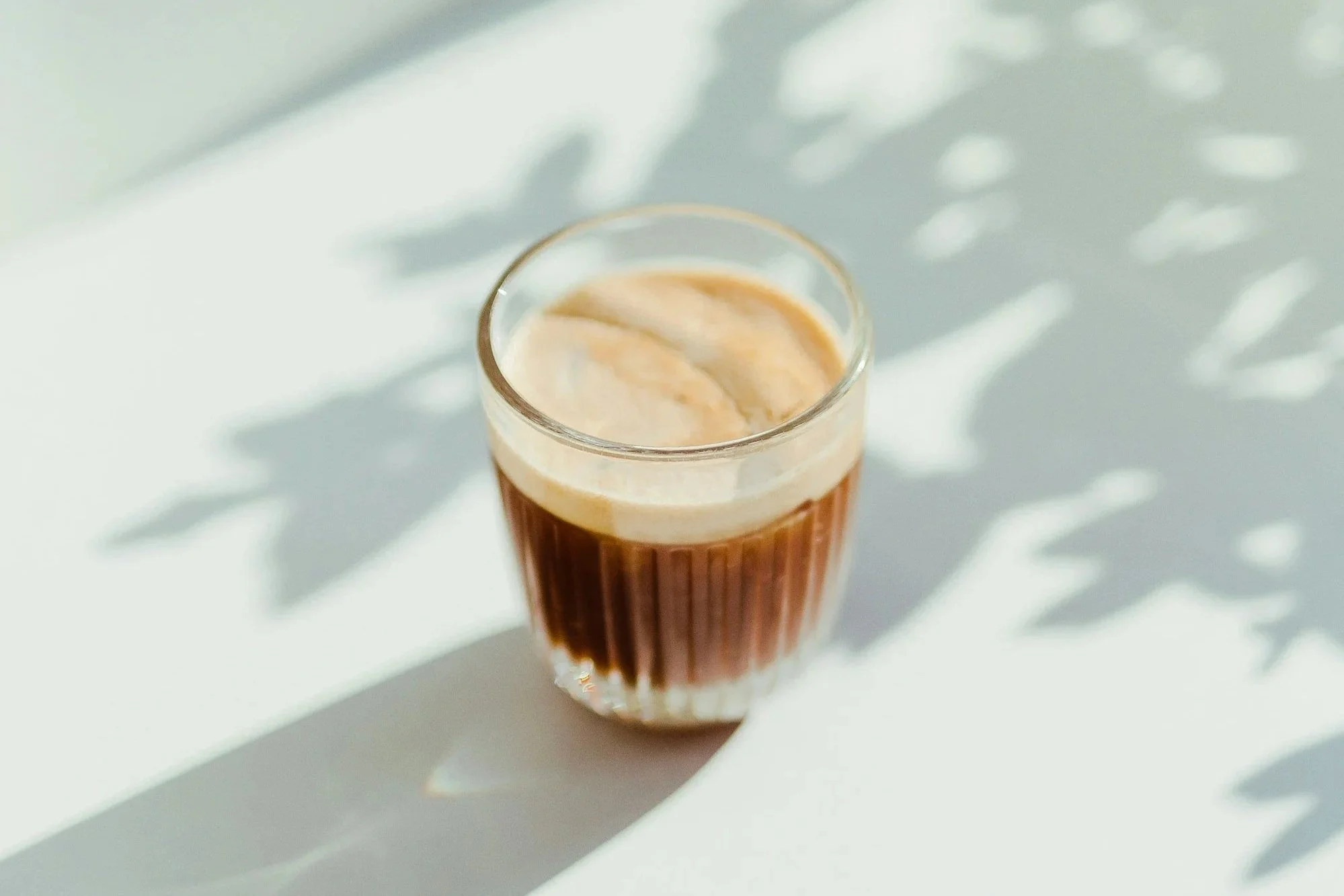Insulin and Acne: How to Balance Your Blood Sugars for Clearer Skin
When it comes to acne, most women immediately think of skincare or sex hormones — but one often-overlooked factor is blood sugar balance and insulin. Fluctuating blood sugars and insulin resistance don’t just affect your energy — they can also directly impact your skin, fuelling breakouts and inflammation.
How Blood Sugar Regulation and Hormones Are Connected
Some hormonal conditions, such as PCOS (polycystic ovarian syndrome), are strongly linked to acne. In fact, around 70% of PCOS cases are driven by insulin resistance — a condition where your cells no longer respond properly to insulin, the hormone that helps move glucose from your blood into your cells for energy.
But here’s the thing: you don’t need PCOS to experience blood sugar imbalances that contribute to acne. Even mild insulin resistance or irregular blood sugars can raise androgen levels, trigger more oil production, and set the stage for breakouts.
Why High Blood Sugar Fuels Acne
When glucose levels stay high in your bloodstream for too long, several things happen that affect your skin:
· Increased inflammation → higher risk of acne flare-ups.
· Immune system disruption → harder for your body to fight bacteria.
· Pathogen growth → excess glucose feeds bacteria (including acne-causing bacteria) and worsens skin infections.
In short: high blood sugar feeds breakouts from the inside out.
The Insulin–Hormone Connection
Insulin resistance doesn’t just raise blood sugar — it also affects your hormones in ways that directly fuel acne:
· Stimulates production of IGF-1 (insulin-like growth factor)
· Increases ovarian production of androgens (male hormones like testosterone)
Both of these changes cause:
· Excess sebum (oil) production
· Hyperkeratinisation (skin cells not shedding properly, leading to clogged pores)
Together, these are the perfect conditions for pimples to form and persist.
Blood Sugar Dysregulation Without Diabetes
You don’t have to have full-blown insulin resistance or diabetes for blood sugar to be a problem. In my clinical experience, most women with acne show some level of suboptimal blood sugar regulation, even if their blood tests look “normal.”
Signs Your Blood Sugar May Be Affecting Your Skin
· Craving sugar regularly
· Afternoon energy slump (fatigue after lunch)
· Feeling better or “energised” after sugar, coffee, or energy drinks
· Frequent urination, including waking at night
· Constant thirst
· High sugar or processed food intake
If these sound familiar, your skin may be trying to tell you that your blood sugar needs support.
How to Support Balanced Blood Sugar for Clearer Skin
The good news? You can take steps every day to stabilise your blood sugar and help your skin heal naturally:
· Prioritise protein, fibre and fats at every meal to prevent sugar spikes.
· Choose fibre-rich whole foods to slow glucose release.
· Avoid skipping meals, which can trigger blood sugar crashes.
· Limit refined sugars and processed carbs that feed acne-causing bacteria.
· Incorporate gentle movement (like walking after meals) to improve insulin sensitivity.
Blood sugar imbalances don’t just drain your energy — they can play a major role in persistent acne. By supporting stable blood sugars through nutrition, lifestyle, and stress management, you can reduce hormonal acne triggers and support clearer, healthier skin.
Remember: small, consistent changes add up to big shifts in both your skin and your overall wellbeing.
To learn more about how to work with me 1:1 to clear your acne, click here.
To access my free Acne Quiz to help you find the root causes of your acne, download it here.
To access all my free acne resources to learn more about how to heal your acne, click here.


